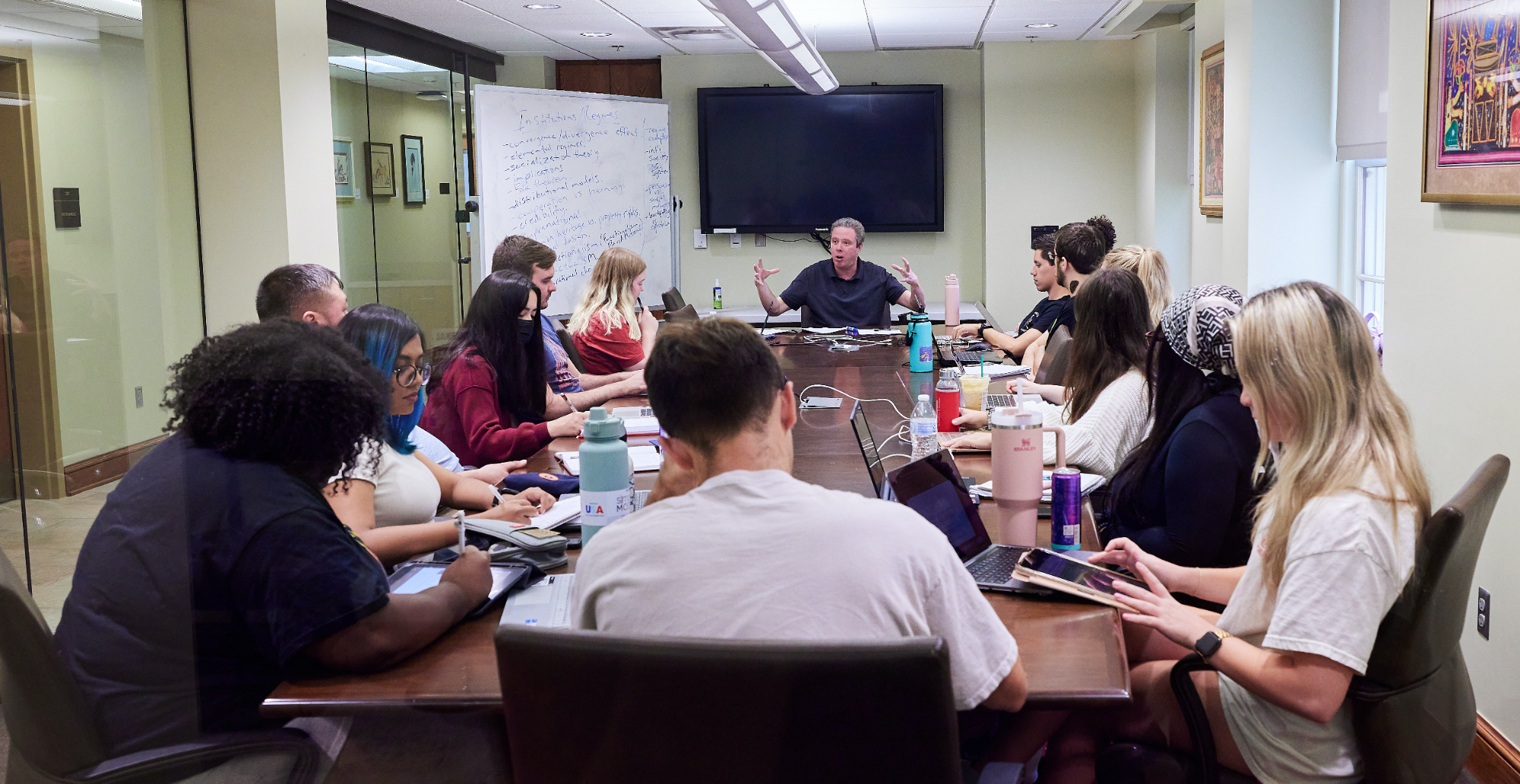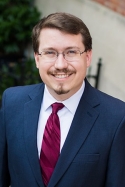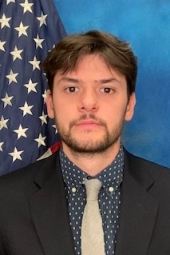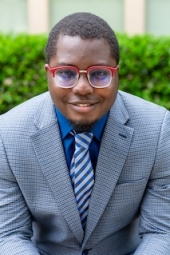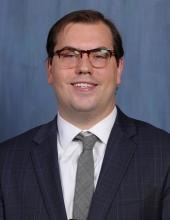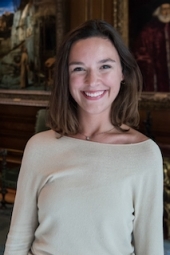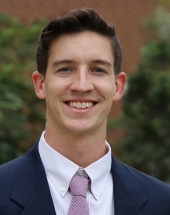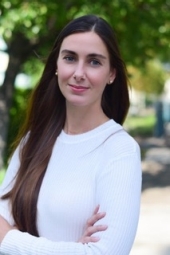Stefanie Neumeier '17
MAIS Concentration: International Security and Area Studies (Europe)
Current Position: PhD candidate in Political Science and International Relations, University of Southern California
Tell us about what you're doing currently.
I'm currently a PhD candidate in Political Science and International Relations at USC. I just completed an M.S. in Applied Economics and Econometrics with a focus on Big Data. My broad research revolves around migration, refugee protection, human rights and social networks. I'm especially intrigued by how the for-profit sector has increasingly become engaged in the refugee protection space, and how this involvement affects the lives of minoritized groups such as asylum seekers and refugees. In my dissertation project, I use evidence from interviews and results from social network analysis and a survey experiment to investigate how public actors such as governments cooperate with the private for-profit sector to support and empower refugees in the U.S .and in Europe.
What was your focus in the MAIS program?
My concentration, I believe, was International Security and Area Studies. For the area, I focused on Europe in particular. When it comes to International Security, I took a lot of classes on International Relations/Security, National Security Leadership, and International Law. For my master's thesis, I conducted field work in Germany and interviewed German Congressional representatives, civil society organizations, and local politicians to explore the causal mechanisms behind the German migration policy making process during the 2016 European refugee crisis.
What do you value most about your MAIS experience?
What stands out most during my time in the MAIS program was the unparalleled support and mentorship from faculty and staff. Professors always had an open door and ear and cared deeply about their students. I was encouraged to pursue the research that I was interested in and was mentored through the process of doing field research in Germany, writing an entire master's thesis, and applying and presenting my research at academic conferences. In addition, the quality and standards of the MAIS coursework prepared me well for transitioning into a PhD program. I was able to become a well-rounded researcher given the multi-disciplinary nature of the MAIS.
Other accomplishments and projects:
I have completed a chapter publication with Prof. Mark Raymond (we're working on an updated version to be published again in 2022), presented at all major political science and IR conferences, and am currently working on two other collaborative projects. One is with a Covid-19 research team on how trust in different actors and institutions influences support for Covid-19 mitigation measures; the other is with a UK migration research team on how big events (exogenous shocks) change discourse networks on immigration and refugee protection in the UK.

